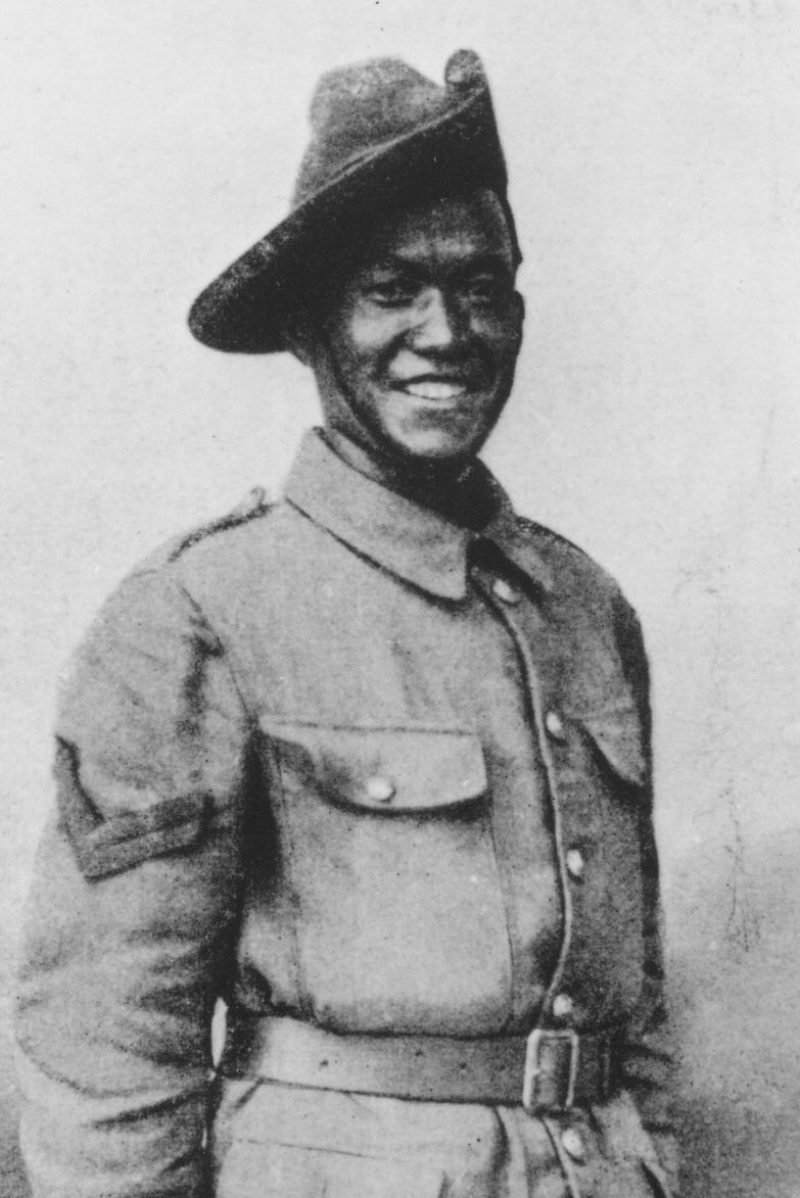The First Gurkha Victoria Cross – Rifleman Kulbir Thapa, 3rd Queen Alexandra’s Own Gurkha Rifles, 25th/26th September 1915

The First Gurkha Victoria Cross – Rifleman Kulbir Thapa, 3rd Queen Alexandra’s Own Gurkha Rifles, 25th/26th September 1915
Prior to the First World War the deployment of Indian Army troops far from India had usually been mooted. Gurkha soldiers had previously served outside of the Indian Subcontinent, but usually only for short periods, and had only ever been stationed in Europe very briefly on Malta and Cyprus in 1878, due to fears of Russian expansion during the 1877-1878 Russo-Turkish War. With the outbreak of war in 1914 however, the British Expeditionary Force sent to Belgium found itself heavily outnumbered and in danger of being outmanoeuvred if it were not immediately reinforced. Thus, the British high command took the decision to deploy Indian army troops to France and Belgium, the Indian Army being the only available standing force large enough to provide such reinforcement.
By September 1915 the Indian Corps had achieved its objectives of stabilising the British positions, but at a high casualty cost in terrible conditions. Nevertheless, the Indian and Gurkha soldiers of the Corps had fought bravely and with determination.
Kulbir Thapa was born at Nigalpani in Nepal around 1888, and originally enlisted with the 1st Battalion of the 3rd Gurkha Rifles, but was transferred to the 2nd Battalion for service in France after the outbreak of the First World War in 1914. In September 1915 3GR was tasked with taking part in an attack around Loos, near Neuve Chapelle. A prior German bombardment had unfortunately hit a cache of British gas shells in the section of line held by 2/3GR, and so the Gurkhas had to carry out their attacks in gas masks. Casualties were heavy. Kulbir had been part of a party of soldiers which had fought their way into a German trench despite the odds, but in doing so every other party member had been killed save him. Kulbir, though wounded himself, came across a wounded soldier of the 2nd Leicestershire Regiment and, against the protestations of the British soldier, stayed with the man for the rest of the day and following night. On the morning of the 26th, under the cover of mist, Kulbir carried the wounded man back out through the German wire and brought him to comparative safety. He then returned and carried out two wounded Gurkhas one after the other. Finally, he returned once more, by this time in broad daylight, to the initial wounded British soldier and brought him to the full safety of the British lines. For the majority of this last trip he was under enemy fire, and it is said that in at least one instance German fire ceased and was replaced with applause upon seeing Kulbir’s bravery.
For these actions Kulbir was immediately recommended for the Victoria Cross, which Indian army soldiers had only been made eligible for four years previously. The recommendation was accepted and Kulbir Thapa became the first Gurkha soldier to receive the V.C. Kulbir would go on to recover from his wound and be promoted to the rank of Havildar. He accompanied his regiment to Egypt after they left France later in 1915, and returned to India at the conclusion of the war. He received his pension upon retirement and died at home in Nepal on October 3rd 1956, aged 68.

